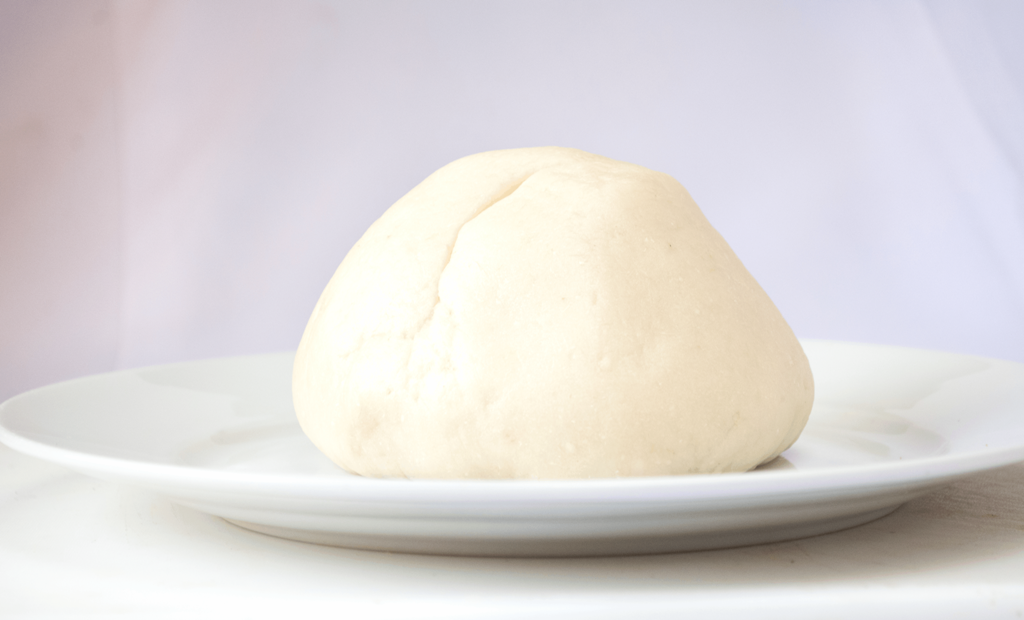No plastic in Semovita – NAFDAC
The National Agency for Food and Drug Administration and Control (NAFDAC) has said that its investigation has revealed that there are no plastic particles in Golden Penny Semovita and all other semolina products in the country. The Director General of NAFDAC, Prof Mojisola Adeyeye, in a statement yesterday, said there was no cause for apprehension […]

Semovita
The National Agency for Food and Drug Administration and Control (NAFDAC) has said that its investigation has revealed that there are no plastic particles in Golden Penny Semovita and all other semolina products in the country.
The Director General of NAFDAC, Prof Mojisola Adeyeye, in a statement yesterday, said there was no cause for apprehension by consumers as such approved products were manufactured in line with Good Manufacturing Practice (GMP) and in compliance with the Nigerian Industrial Standards which were continuously monitored by NAFDAC.
She said, “NAFDAC wishes to reassure the public that Golden Penny Semovita and indeed all other semolina products registered by the agency are safe for human consumption having been so approved by the agency following science-driven regulatory diligence.
“There is no cause for apprehension by consumers as such approved products are manufactured in line with Good Manufacturing Practice (GMP) and in compliance with the Nigerian Industrial Standards which is continuously monitored by NAFDAC.”
NYSC launches health initiative for rural dwellers in Niger
FCT housewives use garden egg for stew as tomato price rises
The statement was in response to a social media video showing a woman washing Golden Penny Semovita in a sieve.
The agency said the woman claimed that the residue she got after sieving was plastic, noting that a similar video was shown in 2020, which prompted the press release.
The statement further reads: “Semolina contains mainly water, carbohydrates and about 13 per cent of gluten-forming proteins. Gluten is made up of two classes of proteins-glutenin and gliadin, which upon addition of water combine to form gluten, a protein that gives nutritive value and imparts other characteristic properties to the product.
“Glutenin normally gives a bread dough the ability to rise during baking while gliadin gives it the viscous and elastic (viscoelastic) properties, or it simply makes it extensible and elastic.
“Semolina has no plastic content in it; it only exhibits viscous and elastic properties. The rubbery-like material that was observed in the video after many washings with water is the gluten that formed after the gluten-forming proteins get mixed with water.
“Golden Penny Semovita is manufactured by Flour Mills of Nigeria Plc, a registered company which has been granted marketing authorisation by NAFDAC to manufacture the product and offer for sale in Nigeria. The company’s operations were certified by NAFDAC after meeting the requirements of Good Manufacturing Practice (GMP) and the relevant Nigerian Industrial Standards (NIS).”
NAFDAC, therefore, advised the public to exercise discretion in the use of social media to address any suspicion they might have on regulated products.
It noted that: “Resorting to social media has the tendency to cause fear and panic. Rather, they should contact the nearest NAFDAC office or contact NAFDAC via online channels.”
